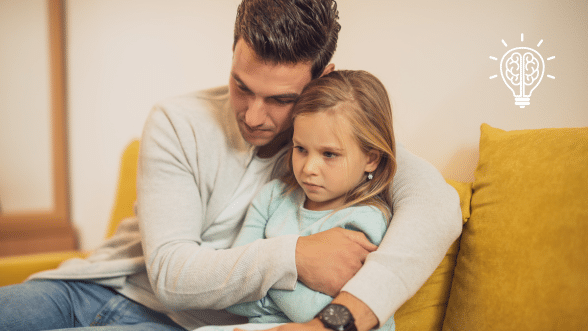
Effective communication in the classroom is pivotal for the academic and personal growth of K-12 students. Learning to participate in the classroom helps fosters a positive learning environment, encourages active participation, and builds foundational skills for future success. This blog outlines practical strategies for students to enhance their communication skills, focusing on participation, relationship building, and engagement.
The Importance of Active Participation
A. Ask Questions and Provide Answers
Curiosity is the bedrock of learning. Encourage yourself to ask questions that clarify your understanding and contribute answers to foster a collaborative classroom. This not only deepens your learning but also positions you as an engaged and thoughtful member of the class.
B. Participation Tips for Introverted Students
If speaking up in class feels daunting, start small. Ask your teacher questions before or after class, and gradually, as you become more comfortable, participate during class discussions. Remember, your voice matters, and your questions and insights can benefit your peers too.
Building Comfort Through Relationships
A. Get to Know Your Teacher and Peers
Building a rapport with your teacher and classmates can significantly enhance your classroom experience. Knowing your teacher’s name and showing genuine interest in the subject can make you more memorable and can lead to more personalized guidance. Similarly, forming study groups or working on projects with peers can make learning more enjoyable and effective.
B. Seek Extra Help When Needed
Don’t hesitate to attend extra help sessions or ask for clarification. This shows your commitment to learning and can strengthen your relationship with your teacher, making the classroom feel like a safer space for asking questions and making mistakes. Extra help is not only about “help,” forming relationships with your mentors and teachers will benefit you in the long run. Go to extra help and bring your breakfast, have a chat with your teacher, get to know one another. These relationship building opportunities have many additional benefits.
Engaging with Peers’ Contributions
A. Value Your Peers’ Insights
Actively listening and engaging with your peers’ questions and comments can enrich classroom discussions. This not only shows respect for their thoughts but also helps build a supportive learning environment where everyone feels valued and understood.
B. Share and Build on Ideas
When engaging in discussions, try to build on the ideas presented by your peers. This collaborative approach to learning can lead to deeper insights and more comprehensive understanding of the subject matter. It also is an essential skill to become a leader!
Overcoming Communication Barriers
A. Adapt Communication Styles
Recognize and adapt to different communication preferences, whether they’re your teacher’s or your peers’. This flexibility can improve understanding and interaction, making classroom communication more effective.
B. Practice Empathy and Open-mindedness
Understanding and respecting diverse perspectives is crucial. Practice empathy by considering others’ viewpoints and experiences, which can foster a more inclusive and supportive classroom environment.
Effective communication is a key skill for success, both academically and personally. By developing classroom participation skills, building relationships, and engaging with peers and teachers, K-12 students can create a positive and productive learning environment. Remember, every effort you make towards improving your communication skills is a step towards becoming a more confident and capable learner.





